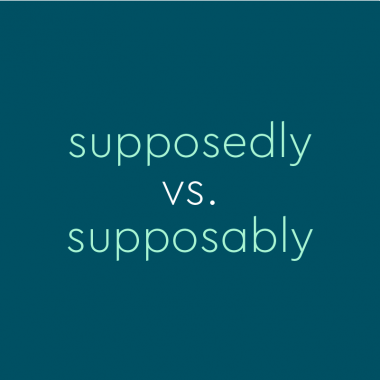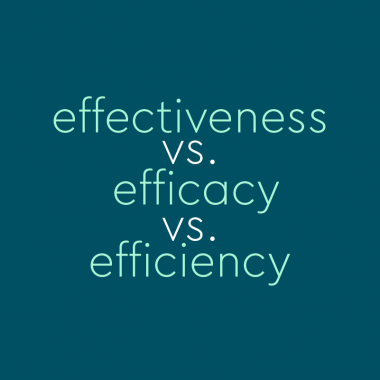“Supposedly” vs. “Supposably”: Yes, There Is a Difference
In 2021, we added the word supposably to our dictionary. And what do you suppose happened? For one thing, we discovered how strongly people feel about this word—which many assume to be a recently invented term or a mispronunciation. Others quite reasonably think it’s a synonym of supposedly. After all, even Joey from Friends famously and hilariously couldn’t figure out if supposedly and supposably were different …











